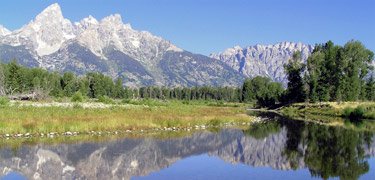An American Prayer Book III
I made a discovery when I first went out to speak about An American Prayer Book. I had always just assumed that Episcopalians pray for their country because our heritage is that of an established church. The English Prayer Book has always included prayers for the royal family, so now we pray for the president. But that’s not praying for the country! Why hadn’t I realized that before?
Looked at that way, Episcopalians had never prayed for their country until 1928 when the wonderful “Prayer for our Country,” written late in the 19th century, was first included. Looked at that way, what we have done is carry on the English tradition of praying for the royal family – with that prayer now transferred to the President. Notice, sometime, how the prayers on Sunday tend to focus on the President, Governor, and mayor, completely ignoring the other co-equal branches of government. We are royalists in disguise!
No doubt the argument could be made that we simply personify our country in one figure. Perhaps, but is it really a good idea to invest so much significance in a Herbert Hoover or George W. Bush – or for that matter in a Ronald Reagan or Bill Clinton? “Country,” admittedly, is a vague and amorphous concept. But “Country” is some very specific things as well: it’s “sweet land of liberty” and “amber waves of grain,” it’s the Lincoln Memorial and Golden Gate Bridge, Absalom Jones, Dred Scott, and Paul Robeson, Susan B. Anthony and Sarah Palin, Robert E. Lee and Harry Truman, a sugar bush in Vermont and orange grove in Florida, the Declaration of Independence, Bill of Rights, and Gettysburg Address, it’s kids waiting for the school bus on a frosty morning and a subway straphanger trying to read the Daily News on a crowded, swaying train, a bald eagle, a prairie dog, and a white tailed deer.
All of it; no single part alone. No one person can represent all this; it is “we,” not he or she or – especially – them.
It is, in the final analysis a gift, a God given gift, and the first prayer for our country is one of thankfulness. Then come prayers of penitence for failure and for guidance in the future we dream of. Is all this not worth a prayer?

 Christopher L. Webber
Christopher L. Webber